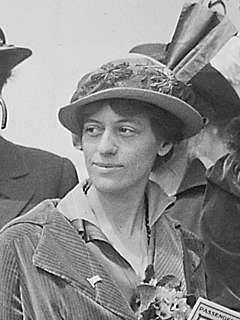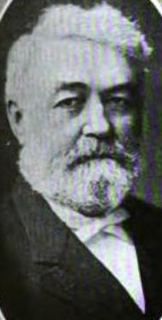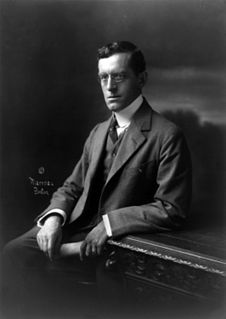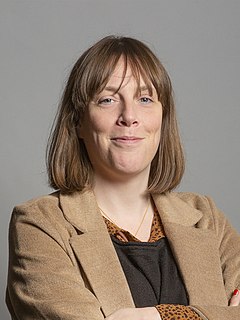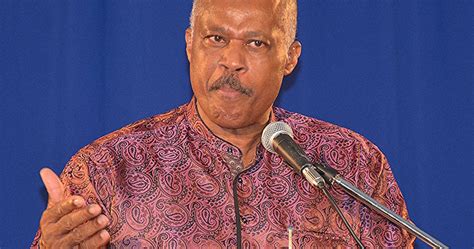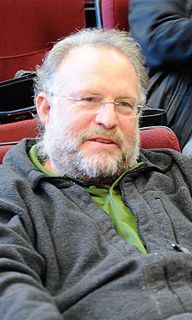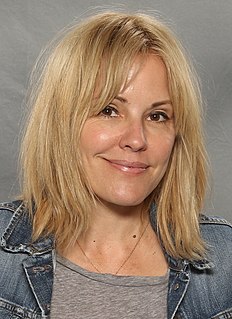A Quote by Mary Heaton Vorse
What if all the forces of society were bent upon developing [poor] children? What if society's business were making people insteadof profits? How much of their creative beauty of spirit would remain unquenched through the years? How much of this responsiveness would follow them through life?
Related Quotes
The classics of Marxism talked of communism as a society to which a modern society should aspire, a society truly fair, where the relations of monetary exchange were not the priority but one wher the people's needs could be satisfied, and where people would not be worth more according to how much monetary wealth they acquired. Instead their value would be based on their contribution to society as a whole. It would be a society without class that would accept people based on their capabilities and their potential to contribute to that society.
I've always wondered what it would be like if the Messiah, or Christ Returned, were actually alive and living in our society; who would that person be, how we would identify them, how would they live and what would they believe in, how would society react to them? I decided to try and tell my idea of that story.
Virtually every company will be going out and empowering their workers with a certain set of tools, and the big difference in how much value is received from that will be how much the company steps back and really thinks through their business processes, thinking through how their business can change, how their project management, their customer feedback, their planning cycles can be quite different than they ever were before.
It's useful to know how much society's holding you back. My mother would talk about how she was told by the head of her art school that she was the best painter, but that she wouldn't get the biggest prize because she would waste her talent by having children. I think we have to get honest with girls about how they can expect the world to block them, and we have to prepare girls, and ourselves, to break through those blocks.
Modern children were considerably less innocent than parents and the larger society supposed, and postmodern children are less competent than their parents and the society as a whole would like to believe. . . . The perception of childhood competence has shifted much of the responsibility for child protection and security from parents and society to children themselves.
Those who surrender to the service of the poor through love of Christ, will live like the grains of wheat that dies. It only apparently dies. If it were not to die, it would remain a solitary grain. The harvest comes because of the grain that dies. We know that every effort to improve society, above all when society is so full of injustice and sin, is an effort that God blesses; that God wants; that God demands of us.
Ben and I built Ben & Jerry’s on the idea that business has a responsibility to the community and environment If you open up the mind, the opportunity to address both profits and social conditions are limitless. It’s a process of innovation If we were going to have a business we were going to have one that was consistent with our values We measured our success not just by how much money we made, but by how much we contributed to the community. It was a two-part bottom line.
It would be hard to imagine Heaven without children. It wouldn't be Heaven! It would be a pretty boring place without children. What are we going to do, all get to be old people and then stagnate and that's the end of it? Once all those that are already born grow up, the place would really lack life without new generations of children! If there were no children, it would be a dead society.
There's no adventure in knowing the outcome of who you're supposed to be with. If everybody did follow this device, and it was supposed to work, then I guess there would be no divorce, no children coming from broken homes and a lot fewer people in therapy. So ultimately society would be functioning at a much higher level. There would be advances.
